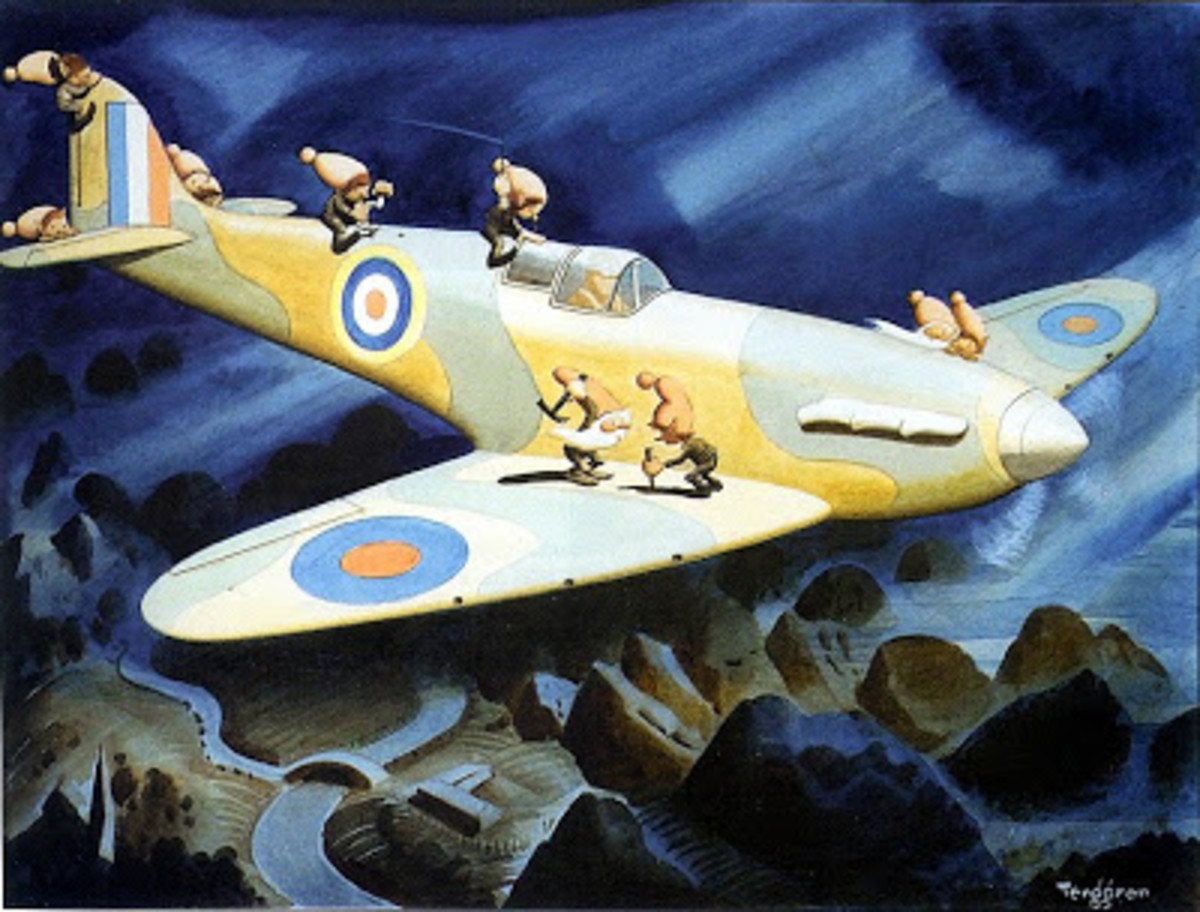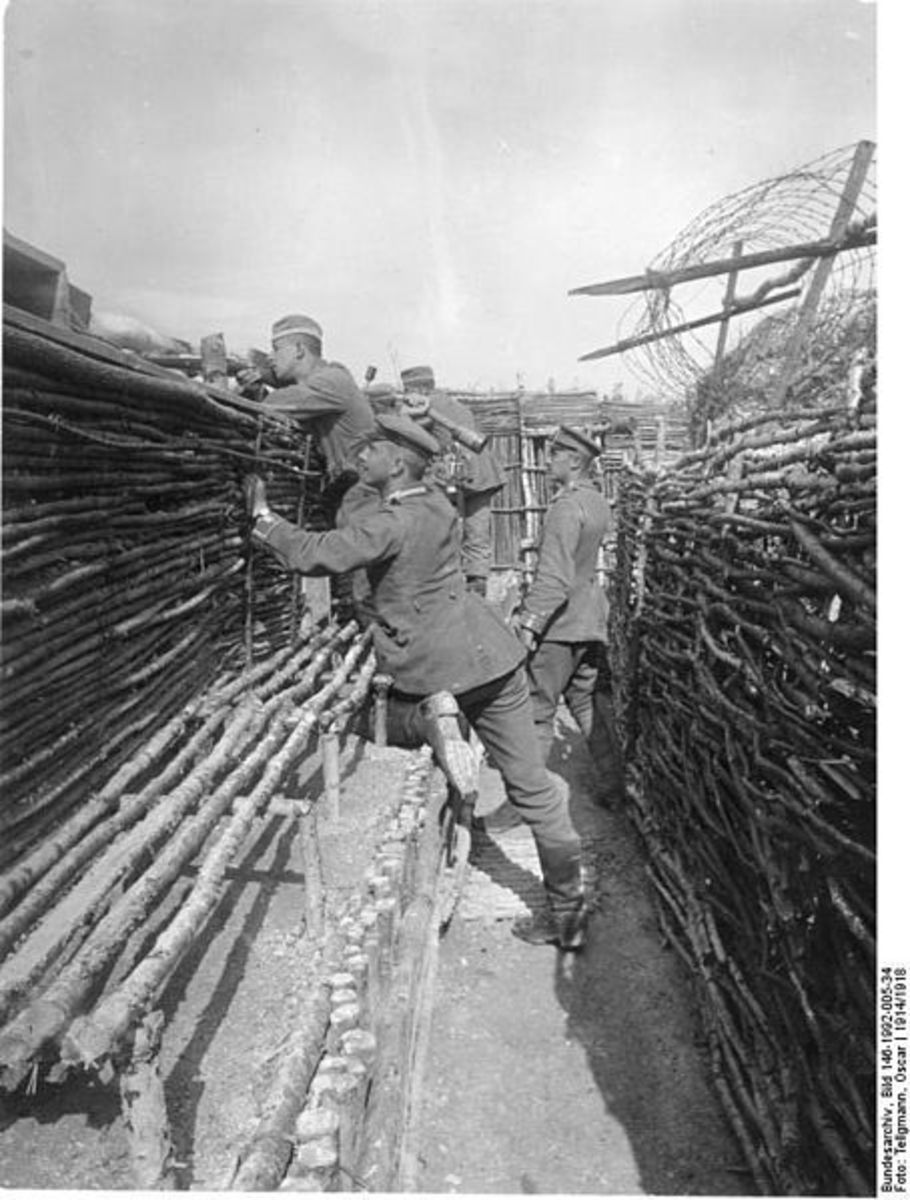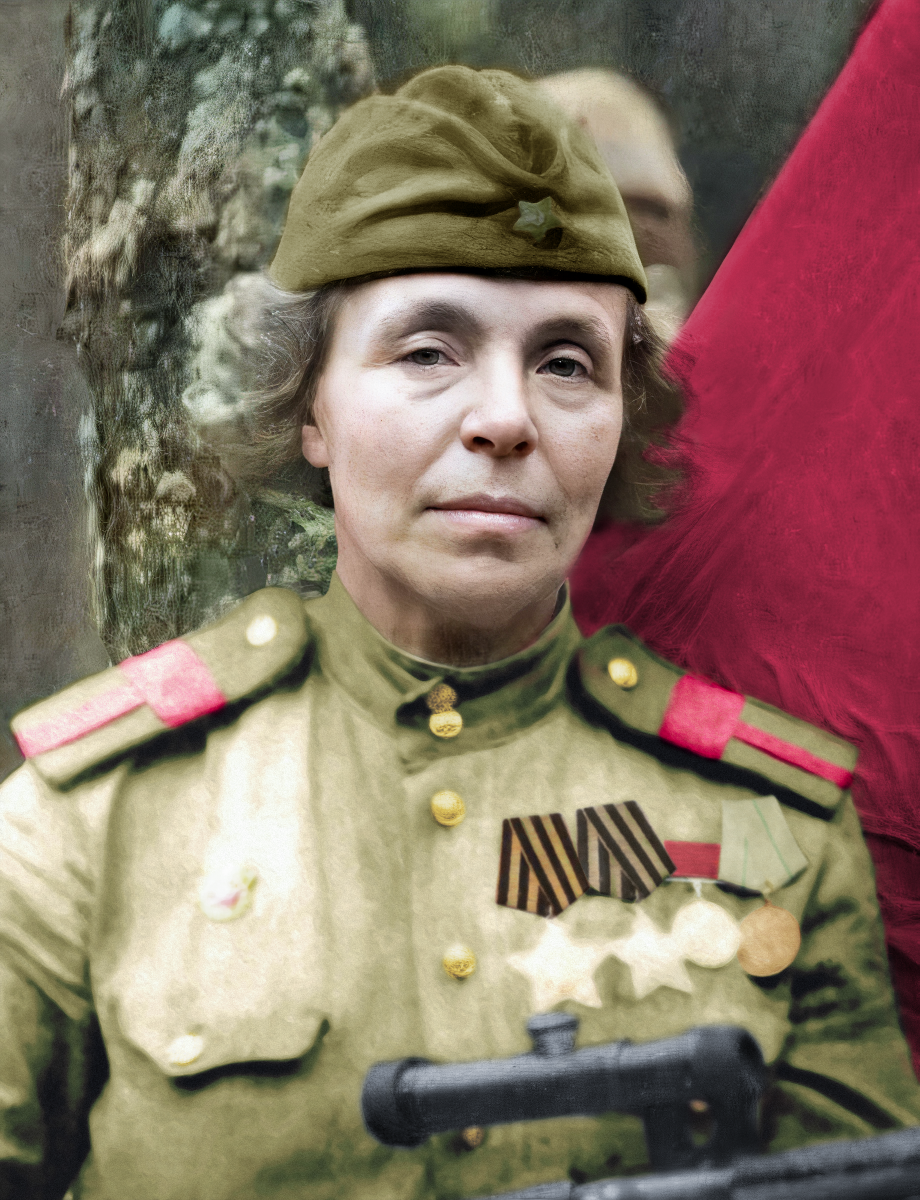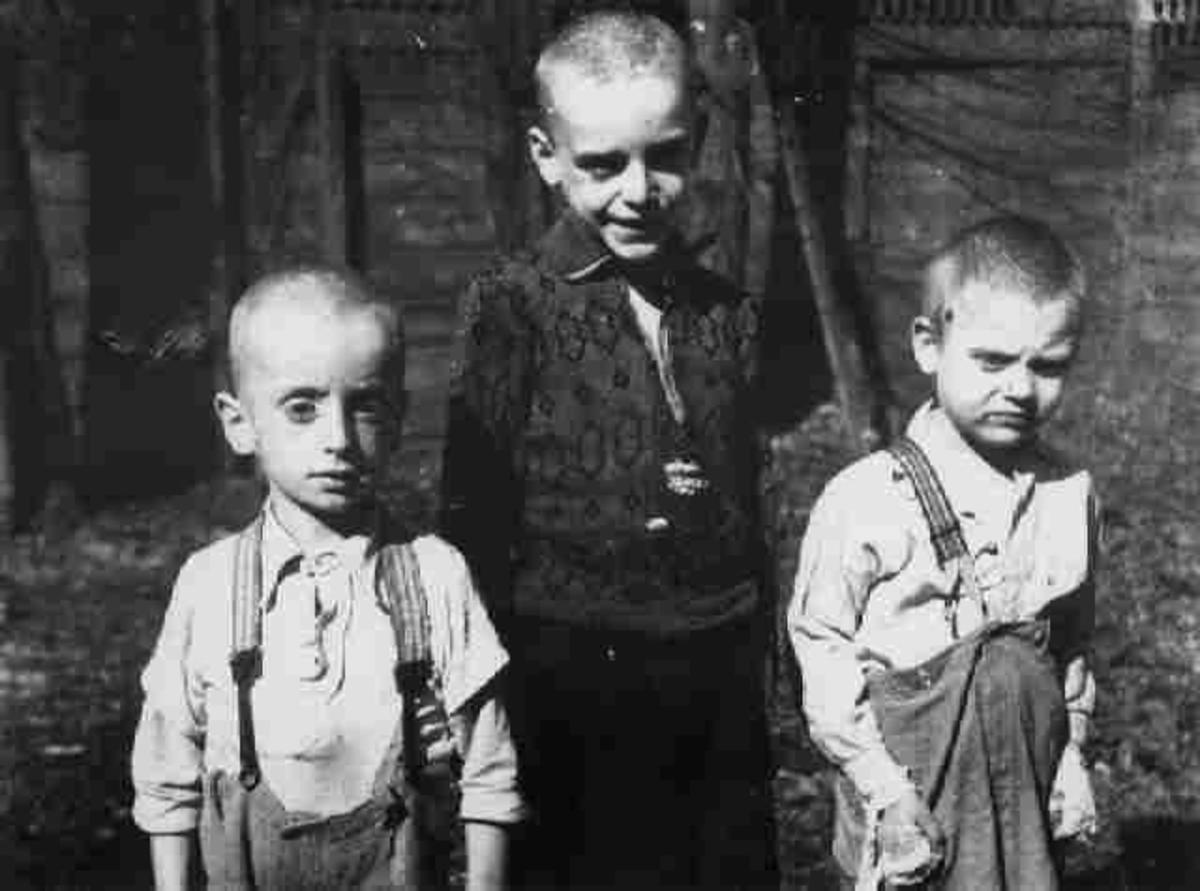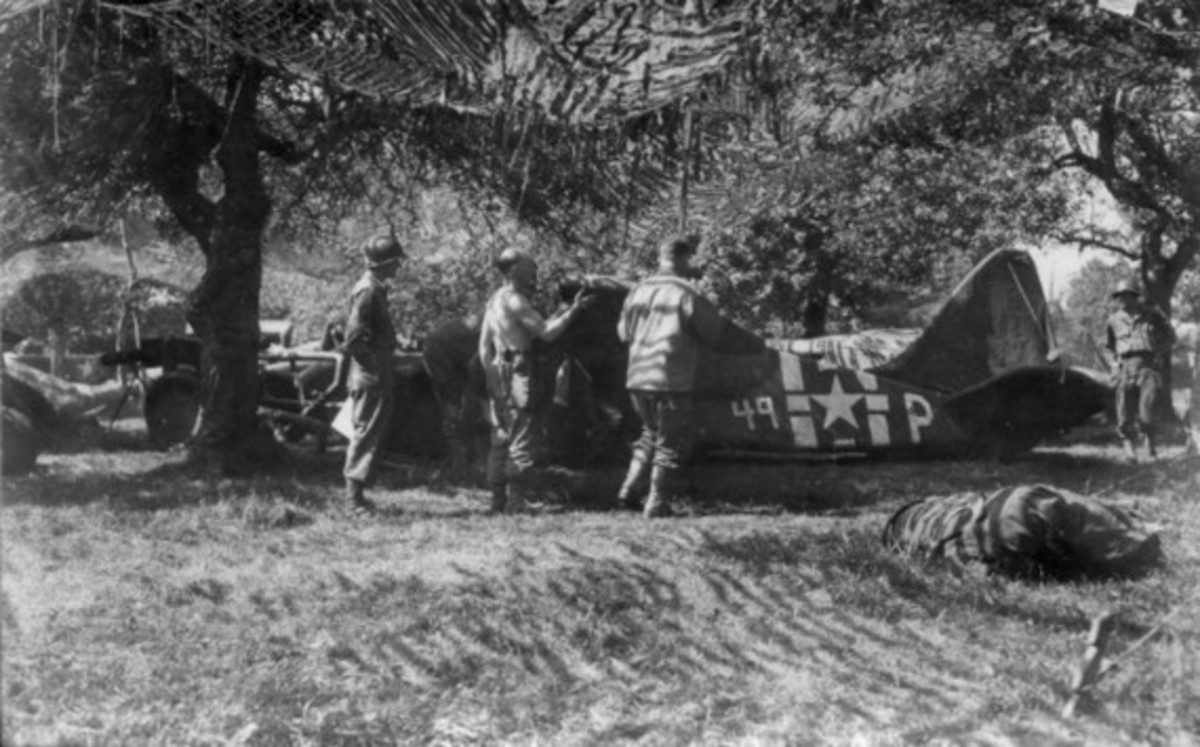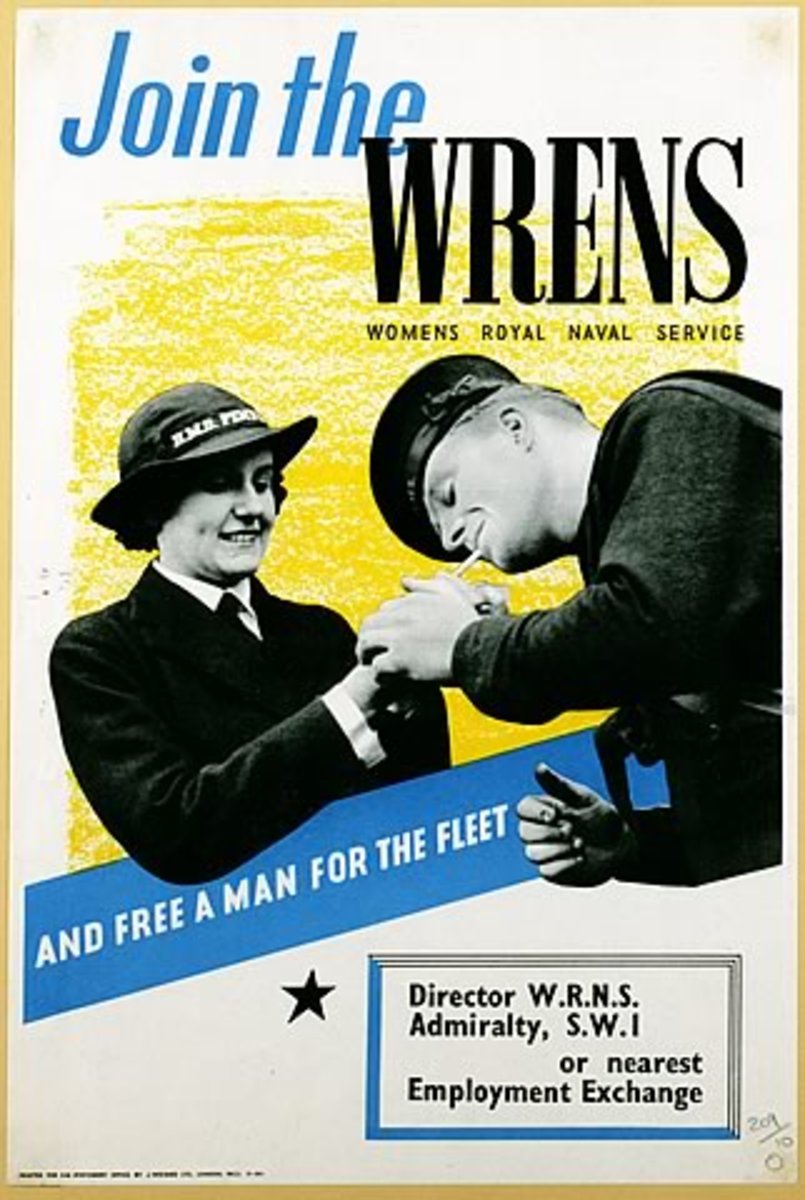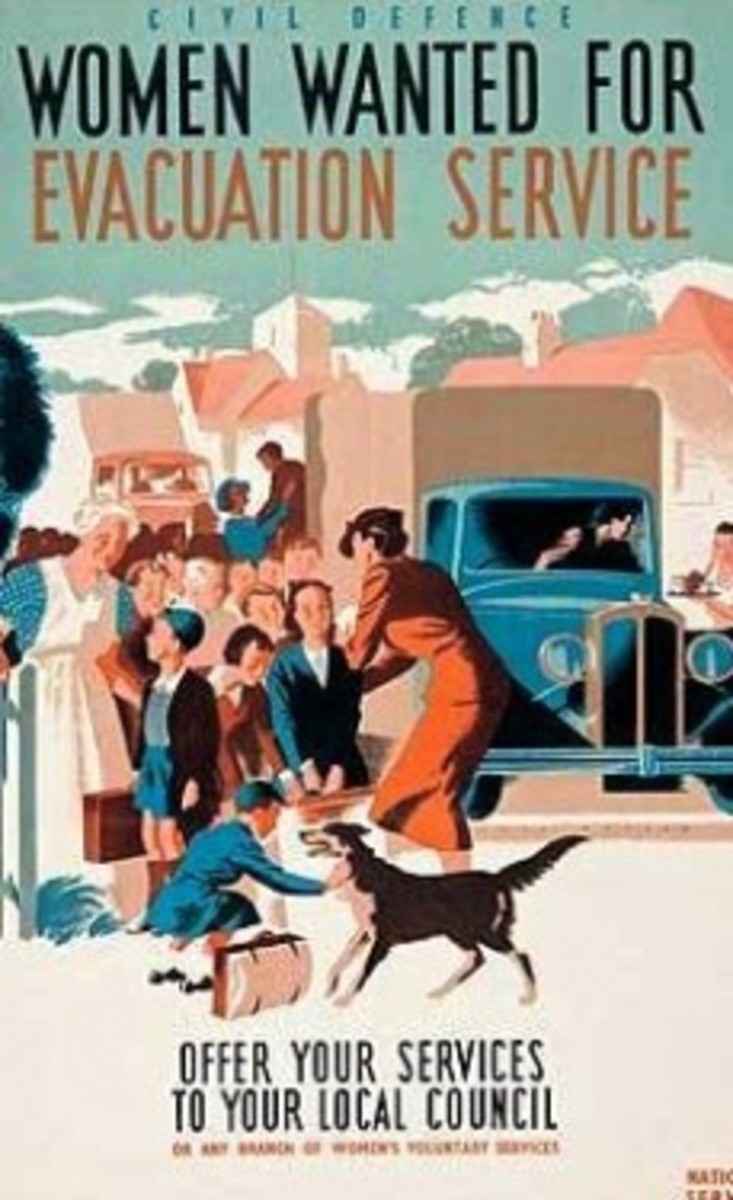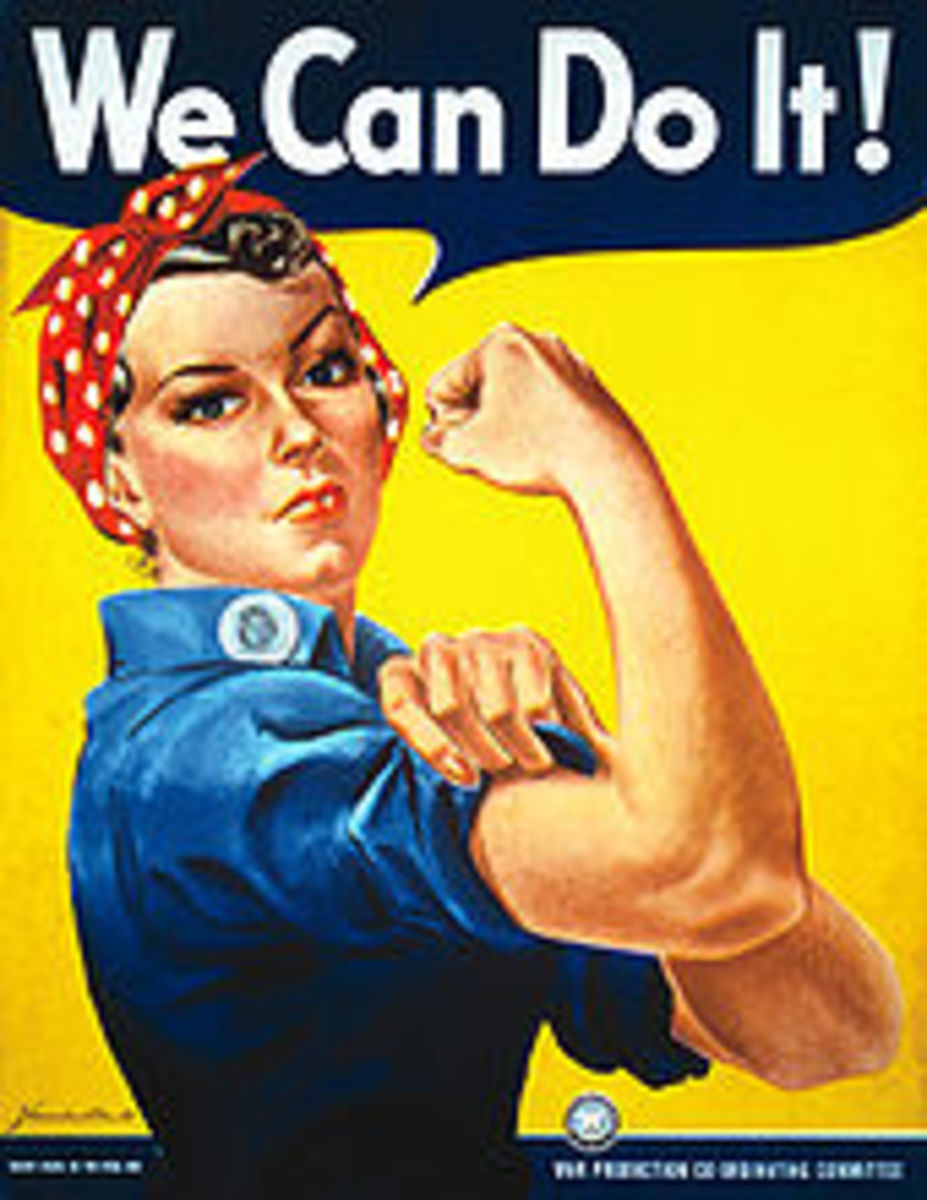- HubPages»
- Education and Science»
- History & Archaeology»
- History of the Modern Era»
- Twentieth Century History
Reasons for Espionage in WW II
I want to be a Spy!
When you think of spying James Bond springs to mind, living a dangerous life filled with fast cars, beautiful women and gadgets to help you achieve your goal, it is the kind of lifestyle that we all dreamed about as children and we all hoped that one day it would be us making the world a safe place again for all mankind.
During World War 2 spying on the enemy was common place, and although Movies and Television make it look like a glamorous and exciting career, the reality of espionage could be quite the opposite.
Being a spy in wartime was a dangerous occupation, working in enemy territory with the knowledge that at any minute you could be caught, being caught as a spy in wartime meant you would be tortured before being put to death, execution usually by firing squad was your reward.
Some spies though rather than face torture, which may lead them to disclosing information to captors, would commit suicide.
World War 2 Enigma Machine Collection
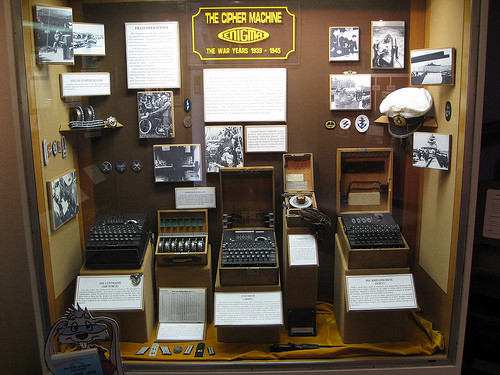
Why Was Espionage Necessary?
During wartime knowing your enemy's next move would give you a major advantage, knowing that the enemy were planning to attack a certain place, at a certain time gave you the opportunity to prepare your defences, regroup your troops or even plan a counter attack.
Transport and Supplies
Espionage was also a way to disrupt transportation spies would parachute or fly into enemy territory, in specially constructed gliders. Blow up train lines, bridges and create havoc with the enemy's transportation system slowing the enemy down and preventing supplies from moving freely, these spies were usually aided by resistance fighters whose country had been occupied by the enemy.
Code Breaking
Spies were often used to intercept secret codes and to steal code books carried by officers, knowing the codes that were being used to send messages was a major advantage keeping you one step ahead of the enemy and it meant false information could be sent to your enemy to mislead and confuse them which would have given you some valuable time to reconsider any plans.
British spies in WW II, in an operation called "Ultra" pulled off a major coup when they cracked the German Enigma code, which is said to have shortened the war in Europe by 2 years.
Industrial Espionage
Industrial espionage was also carried out during WW II. Munitions factories were often the target, not only would agents try to steal designs and plans for new weaponry but they would also try to disrupt production by sabotaging machinery, slowing the race to get arms to the armed forces. Another way that an agent would work in a factory was to try to ensure that when production was in full flow, that the finished products would be sub standard making them unsuitable for use in the field of battle.
Natural resources were also targetted by secret agents, they would attempt to sabbotage food production, iron production, coal production and of course fuel supplies, anything that would hamper the enemy, slow down production and prevent much needed supplies getting to the front line.
Newsreel about German Saboteurs & Spies in the U.S. during World War II
Operation Bernhard
During World War II the Germans came up with a plan to disrupt the British economy, codenamed "Operation Bernhard" the idea was to forge British £5, £10, £20, and £50 bank notes and circulate them around Britain.
The plan was to rely on the greed of the British people and the German air force (Luftwaffe), German planes would fly over Britain and scatter the notes, hoping that instead of people handing them in to the authorities, they would spend them which would lead to over spending in the British economy again leading to a sharp rise in interest rates.
Although the plan to infiltrate Britain with the counterfeit notes never actually came to fruition some of the money was laundered and used by German spies and the German High command to purchase goods from some of Britain’s Allies.
Over £130 million was said to have been counterfeited between 1939 and 1945 most of which ended up at the bottom of Lake Toplitz.
The plan was also aimed at the United States in 1945, but scrapped before full production was started.
The movie the counterfeiters was based on Operation Bernhard.
WW II Matchbox spy camera
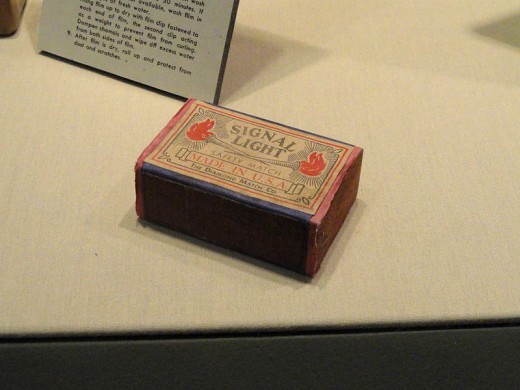
Spy Tools Gizmo's and Gadgets of WW II
A spy just would not be a spy without gizmos and gadgets to help them in their endeavors and during the Second World War, there were plenty of options.
Concealed Weapons
Most spy tools during the war were weapons hidden in everyday objects such as shoes, which concealed a knife blade in the sole, cigarette cases, which exploded when opened. There were grenades concealed in hollowed out lumps of coal and garrotes concealed in shirt collars or even in neckties. There were pens containing tear gas and even poisoned gas and small guns concealed in cigarette pouches.
Getting Around
A smokers pipe that could actually be smoked held secret compartments with a map and a small compass inside, camera's concealed in matchboxes and cigarette lighters, maps made of silk normally stitched into the lining of jackets, and even motorbikes which could be folded up to fit into a parachute bag.
Communication
The most important tool a spy had was Short Wave radio, without it getting messages back home with important information would be almost impossible.
Although rather bulky, radio's concealed in suitcases were carried by agents, there were normally well hidden by the agent and only used when required, radio signals were easily traced and agents were often captured during a transmission.

